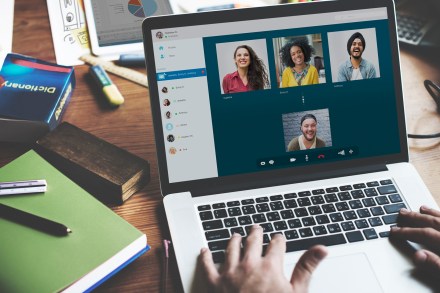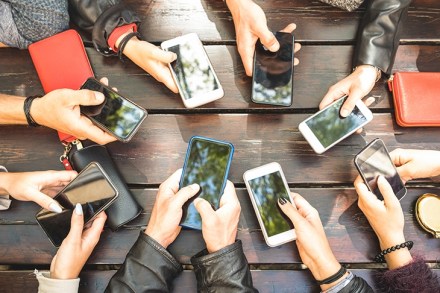NHS workers deserve our applause – but so does the telecoms industry
Next time there is a highly deserved round of public applause for NHS workers, do add one additional clap for the tele-communications industry for — so far — keeping the show on the road. High-speed broadband, for those lucky enough to have it, has made self-isolation more tolerable, and may have significantly reduced the impact of the disease in Britain. I say this because, for several weeks before it became mandatory to stay indoors, a large number of people did so voluntarily. That includes me. Ever since my grandfather contracted jaundice and so avoided landing at Suvla Bay in Gallipoli, there has been a proud family tradition of calling in















